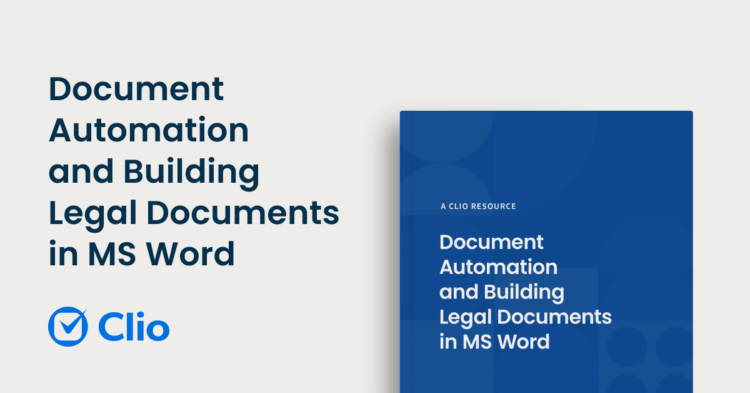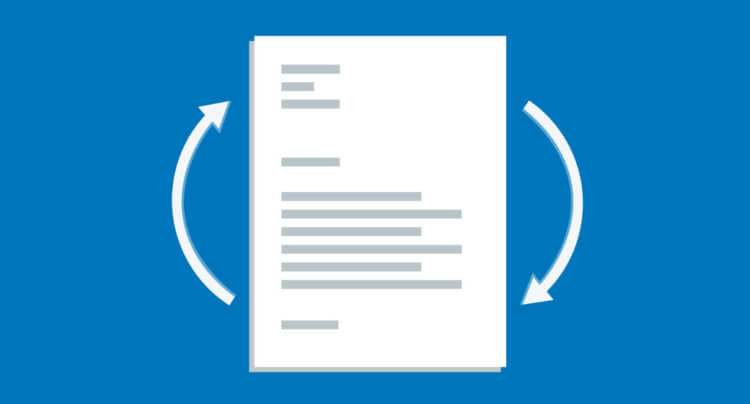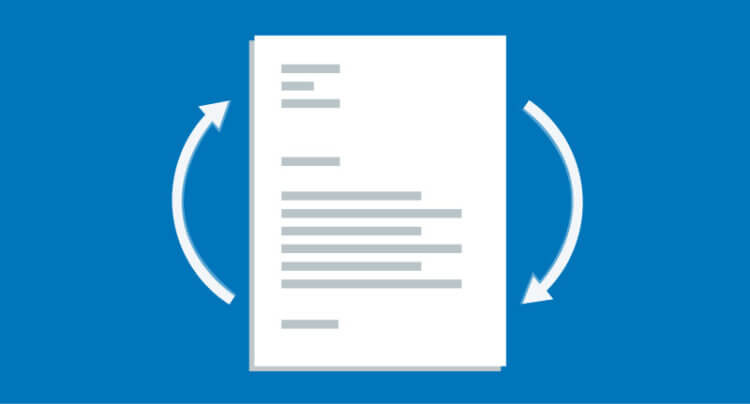Create automated legal documents in minutes
Easily gather client details and automatically draft contracts, agreements, and other legal documents.

-
Start drafting faster with AI
Our legal document automation AI turns your Microsoft Word documents into reusable templates that you can easily customize and autofill with case information.
-
Scale your legal document creation processes
Populate multiple documents for the same case all at once. Spend more time on high-value work by automating repetitive documents tasks. Fewer mistakes, more peace of mind.
-
Fewer mistakes, more peace of mind
AI reduces errors by cutting down on manual data entry—automatic pronoun and clause agreement ensures accuracy, so you don’t need to sweat the details.
Simplify how you create and customize legal documents
AI turns your existing files into easy-to-use templates saving you time and reducing mistakes.
-
Your Microsoft Word documents become reusable templates
Legal document automation AI converts your existing Word files into fillable templates so you can draft documents faster and with fewer mistakes.
-
Create and reuse document sets for similar cases
Bundle related forms together to quickly assemble the documents you need for each type of case, ensuring consistency.
-
Automatically customize documents based on case details
Use AI-powered questionnaires to collect the client information you need for your documents, reducing manual edits and errors.
-
Collect required signatures quickly with built-in e-signature
You can select from different format options and get a final review to ensure speed and accuracy, and your clients can sign on any device.
What lawyers have to say about Clio’s advanced legal document automation software
-
Take control of your time
Cut the time it takes to draft legal documents by up to 80% so you can focus on the work that matters.
-
Ditch your tedious document tasks
Spend more time on high-value work by automating everything from client information gathering to legal document drafting.
-
Get it right the first time
Automate your drafting processes to reduce manual error and ensure your firm is always using the latest document versions.
Explore more law firm document automation features
What lawyers have to say about Clio’s advanced legal document automation software
FAQs about legal document automation software
What is legal document automation AI?
Legal document automation AI uses artificial intelligence to turn standard legal documents into reusable templates that autofill client and case information, suggest relevant clauses, and cut down on repetitive editing. This makes drafting faster, more accurate, and more consistent. Clio Draft brings this technology directly into Microsoft Word, giving lawyers a powerful way to streamline document creation and reduce errors.
How does Clio Draft use AI for legal document drafting?
Clio Draft uses AI to streamline every step of legal document creation. It automatically pulls client and matter details from Clio Manage, suggests the right clauses, formats documents for consistency, and reduces errors—all directly within Microsoft Word. With AI built in, Draft helps lawyers produce accurate, professional documents in a fraction of the time.
What is legal document automation?
Legal document automation is the process of using software to create automated templates for documents—like contracts—eliminating the need to build documents from scratch every time. Once a template exists, legal professionals can share a questionnaire to collect the needed information from a client, which the software uses to generate the contract instantly.
What is document automation software for lawyers?
Document automation software for lawyers is a tool for creating, editing, and managing legal files at scale. Typically, this document automation software for law firms uses pre-existing data to auto-populate a new document. Law firms can use automation to draft contracts, invoices, purchase agreements, leases, licenses, and more.
How does Clio Draft’s law firm document automation solution work?
Clio Draft’s advanced law firm document automation software allows you to convert existing Word documents into fillable online templates. The document automation solution for lawyers uses advanced features to update pronouns, verbs, and clauses automatically based on parameters such as client details or specific case information. It simplifies the document drafting process by allowing you to create reusable rules and conditions that ensure accuracy and consistency across all documents.
What are the features of law firm document automation software?
Key features of law firm document automation software include:
- Customizable templates: Turn your existing documents into reusable legal templates that can be tailored for each case.
- Data integration: Ability to pull data from various sources to populate documents automatically.
- Conditional logic: Incorporation of logic-based conditions to adjust document content based on specific criteria that allows law firms to do things like adjusting pronouns and verbs to agree with client-specific details, and adding or removing clauses based on case information.
- Collaboration tools: Features that allow multiple users to work on documents simultaneously.
- E-signature capabilities: Integration of electronic signature functionality to facilitate the signing and execution of documents.
- Version control: Tracking changes and maintaining document history to ensure accuracy. Cloud-based technology, such as Clio Draft, ensures that your firm always uses the latest version of any document. This eliminates the need for maintaining multiple versions and reduces the risk of errors or omissions due to outdated information. All team members can access and work on the most current version, ensuring consistency and accuracy.
What are the benefits of automating legal documents?
Automating legal documents offers several benefits:
- Time savings: Automation reduces the time spent on repetitive drafting tasks. Clio Draft enables the conversion of existing Word documents into online legal templates that can be automatically populated with client and case information, allowing legal professionals to complete documents more quickly and focus on more strategic work.
- Increased accuracy: Minimizes human errors by standardizing document creation. Clio Draft reduces errors by auto-populating case information instead of relying on manual entry. This minimizes the risk of typos and inaccuracies in client names, addresses, and other critical details.
- Cost efficiency: Lowers operational costs by streamlining workflows.
- Improved client service: Enables faster turnaround times and enhances client satisfaction.
- Consistency: Ensures uniformity across all documents, maintaining a professional standard.
How do you implement document automation software for law firms?
Implementing document automation software for your law firm involves several steps:
- Assess needs: Identify the types of documents and processes that would benefit from automation.
- Select software: Choose a platform that aligns with your firm’s requirements and integrates with existing systems.
- Customize templates: Turn your existing Microsoft Word files into reusable templates tailored to your specific legal services.
- Train staff: Provide training to ensure effective use of the software.
- Monitor and optimize: Regularly review the system’s performance and make necessary adjustments.
Why is Clio Draft the best legal document automation software?
Clio Draft stands out as the best document automation software for law firms due to its comprehensive features and user-centric design:
- Advanced document automation: Clio Draft enables users to convert Microsoft Word documents into reusable templates, streamlining the creation of legal documents.
- Conditional logic: The platform incorporates conditional logic, allowing for dynamic adjustments within documents based on specific criteria, ensuring accuracy and relevance.
- Integration with Clio Manage: Seamless integration with Clio Manage lets you automate the population of templates with client and matter information, reducing manual data entry and potential errors.
- E-signature capabilities: Clio Draft includes a built-in, mobile-friendly e-signature tool that simplifies the document signing process. You can select the documents, add signees, and send them for electronic signature quickly and securely. This feature reduces bottlenecks associated with manual signature collection and helps get documents signed and completed faster.
- Access to court forms: Users have access to an extensive library of up-to-date court forms across all 50 U.S. states, ensuring compliance and efficiency in legal proceedings.
- Legal document template service: Benefit from Clio Draft’s certified legal experts who can create custom document templates for your firm, allowing you to focus on client work and billable matters.
- Remote access and team collaboration: As a cloud-based platform, Clio Draft enables you to manage work from anywhere, making sure your team remains productive regardless of their location. This eliminates the need for multiple document versions by providing access to the latest version for all team members, facilitating seamless collaboration.
These comprehensive features position Clio Draft as a leading choice for legal professionals seeking to optimize their document automation processes.
What is conditional logic?
Conditional logic refers to the use of “if-then” statements within document templates to dynamically adjust content based on specific criteria or inputs.
This allows for the creation of documents that can change in response to different variables, ensuring that the final output is tailored to the particular circumstances of each case. For example, Clio Draft’s conditional logic functionality allows law firms to adjust pronouns and verbs to agree with client-specific details or to add and remove clauses based on case information.
What are the benefits of using logic-based conditions in document automation for law firms?
Incorporating logic-based conditions in document automation for lawyers offers several advantages:
- Customization: Enables the generation of documents that are specifically tailored to individual client needs.
- Efficiency: Reduces the time required to modify documents for different scenarios.
- Accuracy: Ensures that all relevant clauses and provisions are included or excluded as necessary, minimizing the risk of errors.
- Consistency: Maintains uniformity across documents while allowing for necessary variations based on specific conditions.
Logic-based conditions in Clio Draft allow you to customize documents dynamically. You can create rules that adjust pronouns, add or remove clauses, and update subject-verb agreements based on specific parameters or answers from multiple-choice fields. This feature enhances the flexibility and accuracy of your documents, ensuring they are tailored to each unique case.
What types of documents can I upload and convert into automated templates?
With Clio Draft you can convert commonly used Microsoft Word documents such as fee agreements, discovery requests and responses, contracts, and more into smart legal templates.
How does Clio Draft improve grammar and consistency in legal documents?
Clio Draft’s can automatically adjust pronouns, verb tenses, and subject-verb agreement based on your case inputs. This ensures grammatical accuracy and eliminates the need to maintain multiple versions of the same document.
Can I store and reuse specific clauses in Clio Draft?
Yes. You can save commonly used language as standard clauses or precedent sections. Simply choose the language you need and seamlessly insert it into any document template.
What’s the benefit of using my own documents instead of third-party templates?
Clio Draft lets you transform your firm’s existing, customized documents into smart templates. This eliminates the need for generic third-party forms and ensures that your documents reflect your firm’s unique voice and legal strategy.
How does Clio Draft streamline the legal document workflow?
Clio Draft simplifies the entire legal drafting process by combining data intake, document generation, and e-signature in one place. This removes the friction of manual editing and helps your team create accurate, court-ready documents faster.












